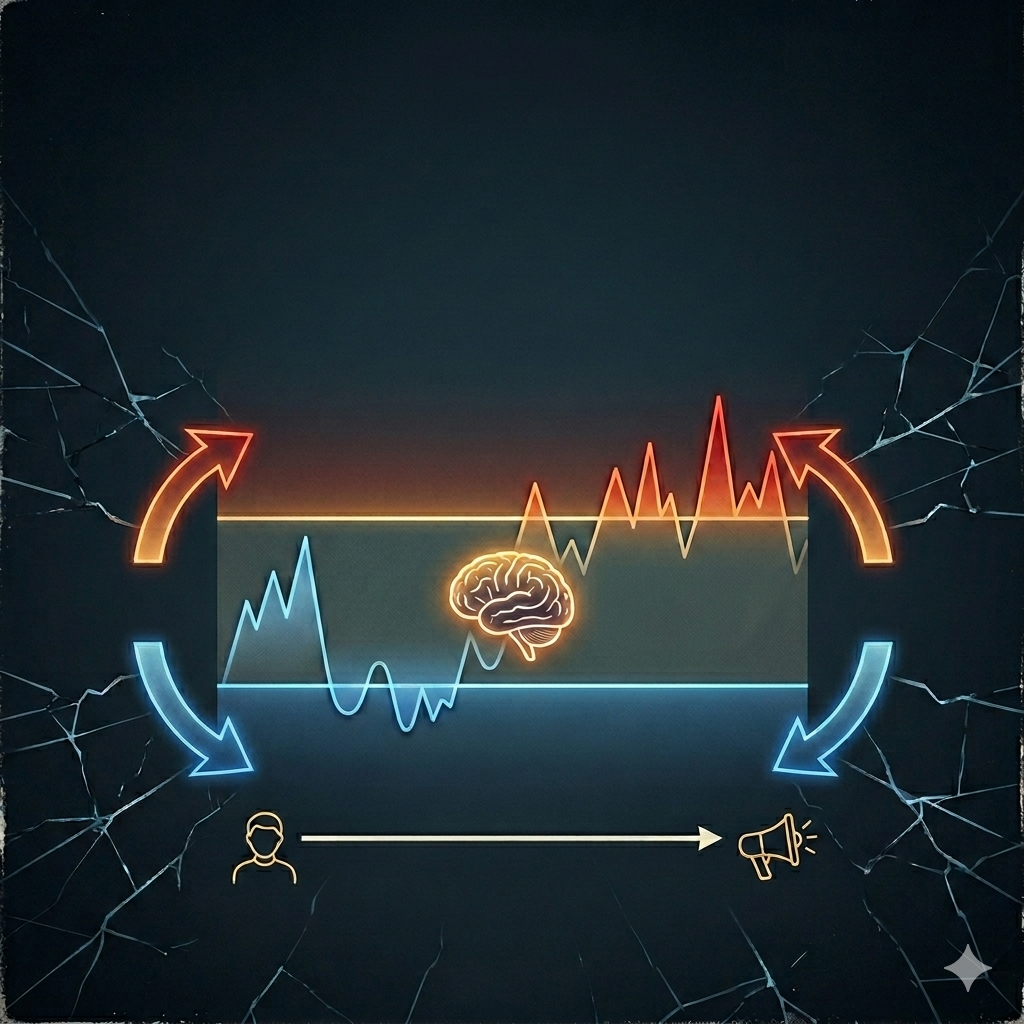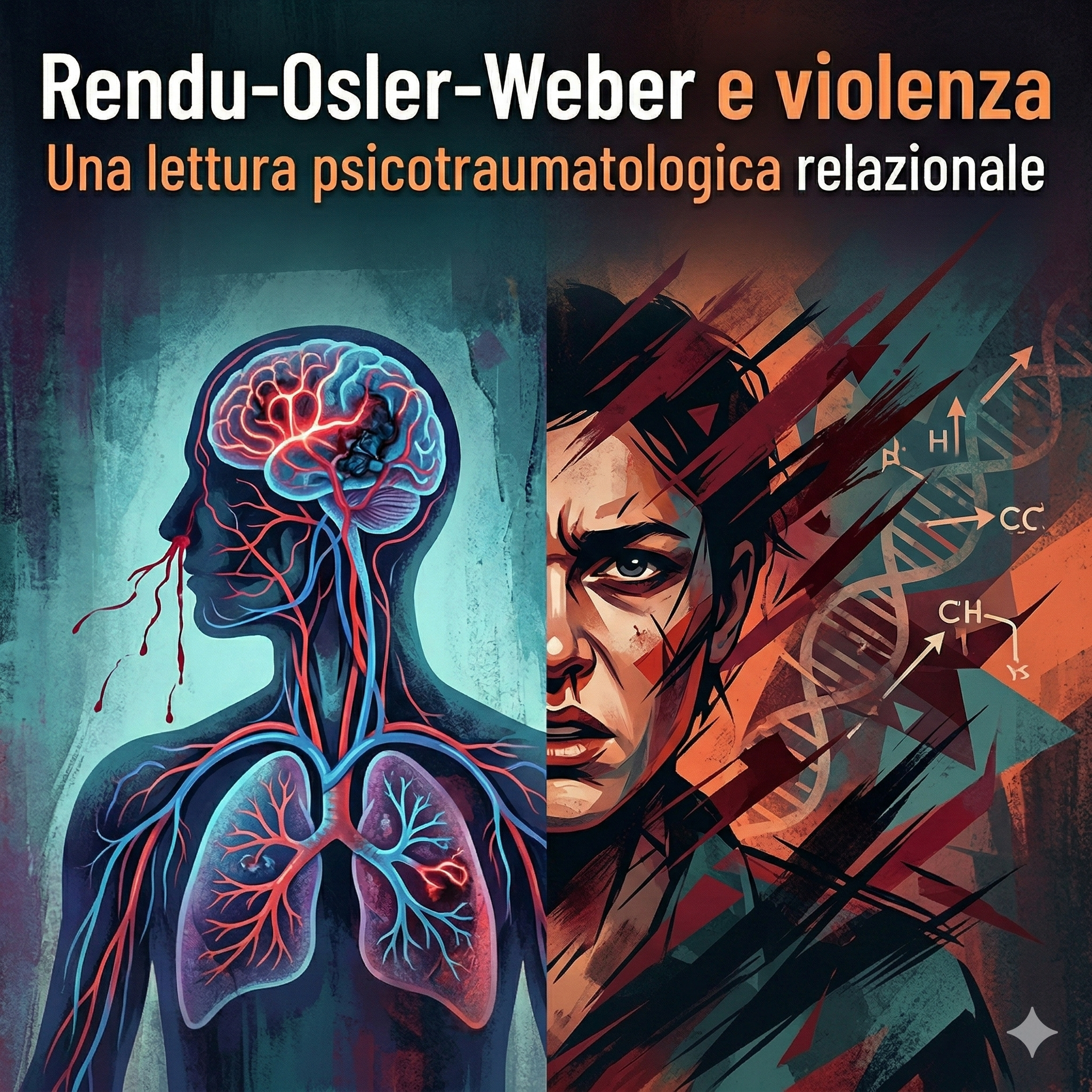Violence beyond rhetoric: science dialogues with "Generation Z"
On November 24, 2025, in the splendid setting of a historic building in L'Aquila—a city that embodies resilience—a representation of reality was staged that deserves deep reflection. On the occasion of the day dedicated to the fight against gender-based violence, what was supposed to be a morning of discussion turned, at least in part, into an interesting social experiment.
On one hand, we witnessed the usual institutional liturgy: some local and national political representatives re-proposed narratives consolidated for over fifty years. The focus remained anchored to self-celebration for the new regulations on femminicidio (a term which, as reiterated, must be used correctly, distinguishing it from other types of crimes), in a vicious circle of mutual congratulations that often risks not touching the heart of the problem: primary prevention.
On the other hand, a voice rose from outside the chorus. A representative of the third sector, strengthened by twenty-five years of experience and the scientific support of AIPC (Italian Association of Psychology and Criminology) and CIPR (Italian Center for Judicial Relational Psychotraumatology), pierced the veil of rhetoric. Through the use of clear and explanatory cartoons, a different approach was presented, based not on slogans, but on clinical and scientific data.
Listen to the podcast on the AIPC Editore Channel on Spotify MENTE|CRIMINE|TRAUMA: “Violence Beyond Rhetoric: Science Dialogues with 'Generation Z'”, click on the link: https://open.spotify.com/episode/0jzlQOfOoa9hhEfodkjFrm?si=aCLQ2RKiSDqz3vJXeoo2qg
Science beyond patriarchy: The ASVS protocol
The "disruptive" intervention explored the results collected in over a decade of applying the integrated scientific protocol ASVS (AIPC Scientific Violence Screening). The amnestic, traumatological, psychodiagnostic, and psychophysiological data deriving from a sample of about 200 people (including alleged victims, perpetrators at large, and inmates for violent crimes) traced a profile that the "canonical" narrative struggles to accept.
Violence is not always and only the fruit of a cultural superstructure, but has deep roots in neurobiology and personal history. The analysis highlighted how many subjects involved in spirals of violence suffer from PTSD (Post-Traumatic Stress Disorder), C-PTSD (Complex), or CB-PTSD. We are talking about traumas that often have their roots in the prenatal and perinatal phases or in the very first years of life, caused precisely by those caregiving figures (caregivers) who should have protected them.
Science has widely demonstrated that chronic stress and unprocessed trauma produce a cascade of devastating effects:
- Emotional Dysregulation: The inability to manage primary emotional systems.
- Loss of impulse control: In certain situations and with specific people, the inhibitory "brake" fails.
- Self-medication: The use of substances not as a vice, but as a desperate attempt to sedate internal pain.
The reaction: fear of the new vs. the intuition of the young
It is here that the event showed its most interesting fracture. While some organizers showed concern for this scientific approach—perhaps fearing that explaining violence through trauma might seem like a justification or interrupt a sort of cultural "brainwashing"—the younger audience reacted surprisingly.
The students present demonstrated emotional intelligence superior to that of many adults in the room. They were not scared in the face of complexity; on the contrary, they interacted, understood, and welcomed the idea that to solve violence one must take care of people, not just punish them or educate them with slogans. They intuited that there are scientific approaches potentially more effective than standardized narratives.
Access the interactive storybook: browse or listen by clicking here https://gemini.google.com/share/417c6e4269bf
Conclusions
The technical intervention, although different from the canonical one, offered a fundamental key to interpretation: homicide and family violence are not the result of generic distress, but rather the consequence of childhood relational traumas, hidden or underestimated, which qualify as dysfunctional or violent the relationships that survivors are destined to live.
The trip to L'Aquila was amply repaid not by institutional applause, but by the punctual and attentive interactions of the students. They are the proof that we are ready for a paradigm shift: from sole moral condemnation to deep clinical-scientific understanding. Because, as science teaches us, that "destination" to violence can be interrupted only by healing the wounds of the past.
Educational offer for schools
Schools interested in promoting functionality and freedom in relationships and in countering violence and dysfunctional dynamics can deepen the innovative approach of Judicial Relational Psychotraumatology (defined by Massimo Lattanzi and Tiziana Calzone).
This approach offers scientific tools to understand the traumatic-relational roots of conflict, which are fundamental for prevention.
Contacts and Methods
To request and organize training interventions, schools can directly contact AIPC (Italian Association of Psychology and Criminology) and CIPR (Italian Center for Relational Psychotraumatology) active in the Pescara and Rome offices.
Email: aipcitalia@gmail.com
Hashtag:
#italian center for relational psychotraumatology #femicide #national observatory on familial homicides #italian association of psychology and criminology #relational traumatic resonance #partner paradox #relational bubble #complex post-traumatic stress disorder



